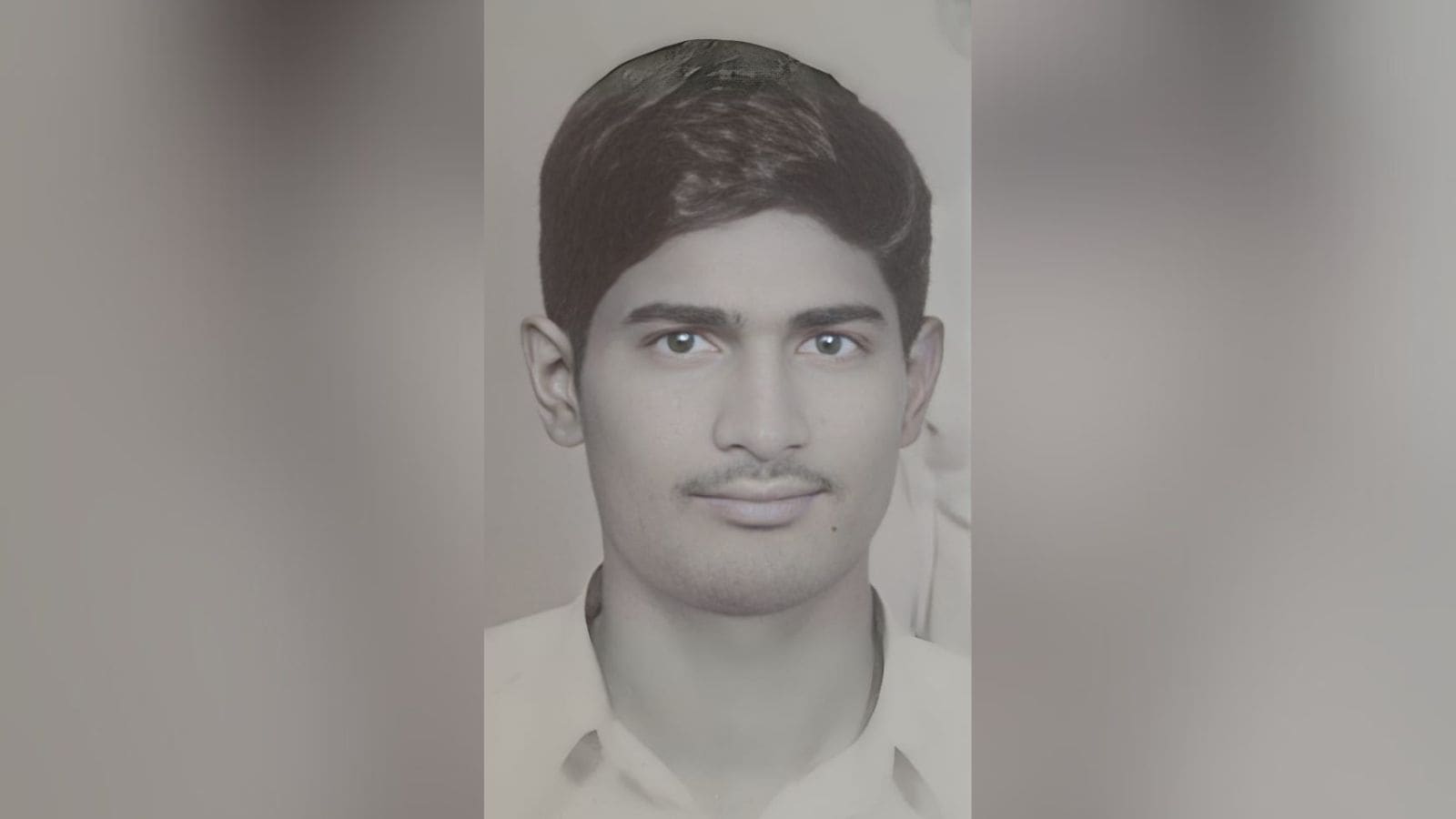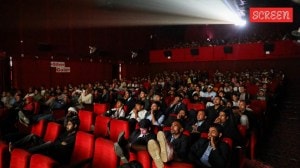As the Rashtriya Swayamsevak Sangh (RSS) holds various programmes across the country to mark its centenary year, in Pune, the organisation remembers its functionary Shrikant Lingayat, who was murdered over four decades ago.

Rioting and assault in 1982
As per police records, on the evening of January 26, 1982, during a “communal riot-like situation”, armed men allegedly linked to Razzak Rampuri (then a criminal on police record) attacked Shrikant and other RSS workers while they were returning from a Satyanarayan function in the Bhavani Peth area. The function was organised by the Patit Pawan Sanghatana (PPS), which was then led by Pradip Rawat, who was later elected as the BJP MP from Pune.
Shrikant and a few others, including Ramesh Keshatwar, were injured in the attack. Shrikant’s brother, Chandrakant, said, “Shrikant and a few more RSS workers went for the PPS function, shouting slogans like ‘Vande Mataram’ and ‘Pakistan Murdabad’. While returning in the evening, a group of men attacked them with swords and knives near Chudaman Talim in Bhavani Peth. After knowing about the incident, my family and I rushed to Sassoon Hospital where Shrikant was admitted. He had grievous injuries due to multiple assaults on his body. He succumbed to the injuries at the hospital on March 15, 1982. He was just 26 years old at the time…”
A retired police officer said Shrikant’s death sparked major tension in Pune city. The then RSS chief Balasaheb Deoras visited Shrikant’s house in Pune to offer his condolences.
Sessions court acquits accused, but HC convicts 3
A First Information Report (FIR) was lodged in connection with the incident at Lashkar police station in Pune city. The police framed charges against 27 people under sections 120B (criminal conspiracy), 147 and 148 (rioting, with deadly weapon), 149 (unlawful assembly), 302 (murder), 324 and 323 (voluntarily causing hurt by dangerous weapons), and 337 (causing hurt by act endangering life) of the Indian Penal Code (IPC).
But the sessions court in Pune acquitted all of them, including Razzak Rampuri, in October 1984. The state subsequently filed an appeal in the Bombay High Court against the acquittal. After another 16 years, the high court set aside the acquittal of three of the accused.
Story continues below this ad
As per the high court order dated September 15, 2000, the three accused were convicted under IPC sections 304 and 323. Considering the “dying declaration” of Shrikant in which he had narrated how he was attacked and had named some of the accused, as well as the statements of the injured people and eyewitnesses, the high court observed, “There was more than sufficient and trustworthy evidence to support the conviction” of the three accused.
“…We will be failing in our duty towards the society if they are let off only on the point of lapse of 18 years. Law must always reach its logical end,” the high court order stated.
Memorial for Shrikant Lingayat, tributes
A couple of years after Shrikant’s death, his supporters raised a memorial in his name, the Hutatma Shrikant Lingayat Smruti Stambh, at Bhopale Chowk in Pune Camp.
 “Every year on March 15, his death anniversary, the Lingayat family, and activists of RSS and allied groups gather at the Smruti Stambh to pay tributes to him,” Chandrakant his broother stated. (Express photo)
“Every year on March 15, his death anniversary, the Lingayat family, and activists of RSS and allied groups gather at the Smruti Stambh to pay tributes to him,” Chandrakant his broother stated. (Express photo)
Speaking about the location chosen for the memorial, his brother Chandrakant said, “Shrikant was arrested for leading the satyagraha at Bhopale chowk against the Emergency imposed in the country in 1975. He was jailed for 19 months under the Maintenance of Internal Security Act (MISA) Act. He studied even in prison and cleared BCom. After being released from jail in 1977, he started preparing for Chartered Accountant (CA) exams, continued RSS activities and also initiated the Chhatrapati Shivaji Maharaj birth anniversary procession in Pune Camp.”
Story continues below this ad
“Every year on March 15, his death anniversary, the Lingayat family, and activists of RSS and allied groups gather at the Smruti Stambh to pay tributes to him,” Chandrakant added. A few years ago, a road in the Wanavdi area of Pune city was named after Shrikant Lingayat.



 “Every year on March 15, his death anniversary, the Lingayat family, and activists of RSS and allied groups gather at the Smruti Stambh to pay tributes to him,” Chandrakant his broother stated. (Express photo)
“Every year on March 15, his death anniversary, the Lingayat family, and activists of RSS and allied groups gather at the Smruti Stambh to pay tributes to him,” Chandrakant his broother stated. (Express photo)





